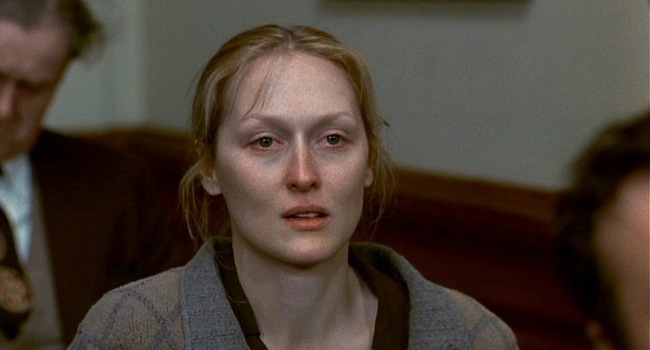
When films ask questions that the audience must ask themselves, we know we are hooked into a cinematic experience. Of course, we want to feel the choices and emotions the characters make, but it is truly special when they reflect our own possible choices, decisions, and questions we must or have faced. Therefore, here are 10 films that ask impossible questions.
1. Hobson’s Choice (1954)

In one of his rare comedic outings, David Lean somehow managed to not only craft a great film with great performances, but also ask questions, such as, can I upend my life’s work and goals to give into my daughter’s wishes? The film explores this throughout the tightly-made comedy of manners of sorts, but in a unique comedic way.
At the height of Ealing Studios, Lean ventured toward a film that is greatly under-appreciated compared to his epics, but nevertheless doesn’t shy away from his very British characters. In spite of the fact that the film includes three daughters, it concentrates on Brenda De Banzie’s marriage to a weak shoemaker, John Mills, overseen by the authoritative father and boot shop owner, Charles Laughton.
All the performances are on the nose, but it boils down to Laughton’s choice of giving up his dream of his shop and current lifestyle for his daughter’s marriage. Of course, fathers want the best for their child, and situations can provide great difficulty – just look at most of Yasujiro Ozu’s filmography.
Lean enforces a comedic-like stage play with narratively developed characters, all while expressing a father’s coming to terms, struggling, sabotaging, and anger fits for the survival or destruction of his family. Thus asking oneself, can I give up my current life for the betterment of my children?
2. The War is Over (1966)
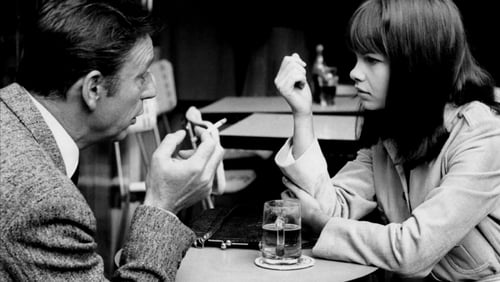
After several successful films that started to define Resnais’ experimental, elliptical, quick-cutting style with deep thought-provoking questions and intent, he settled on the subject of the Algerian War. A controversial subject that is sadly overshadowed by Pontecorvo’s film relating to a similar subject, Yves Montand must decide between his old ways and new love or his reformed lifestyle.
Throughout the course of the film, Montand travels from communist Spain back to Paris where he meets a younger man who he has fallen for, who ignites his old revolutionary ways. As the film unfold, Resnais rapidly cuts as an almost stream of consciousness comes from Montand’s character. What he will decide is the ultimate question of the film.
Regardless of the revolutionary status of the film, almost any person who has gone through experiences that have changed them must ask if they will go back to their ways, whether they were good or bad. Therefore, we constantly relate to Montand’s middle-aged existential crisis of sorts.
Since the film was overlooked at the time of its release, it is important to see this film not only for the political context of a bygone era, but for the will of one man’s choice for his future by giving into his past.
3. Fail Safe (1964)
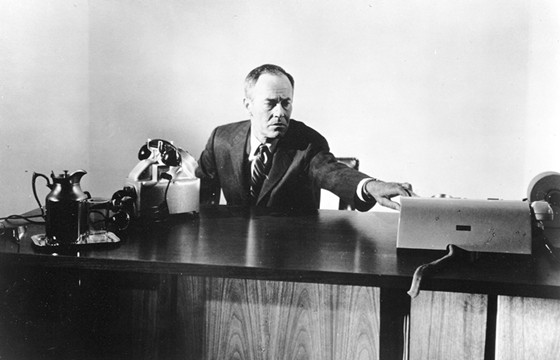
A film that explores the possible annihilation of nuclear war between the United States and Russia at the height of the Cold War that came out in 1964. No, not that film – the serious version of the same adaptation as Henry Fonda’s president decides what to do.
Since a rogue pilot intends on ending the world as we know it, Fonda tackles an even more impossible question as the impending doom seems inevitable. In friendly and necessary conversations with the Soviet Union, he must sacrifice one American city to pay for the deconstruction of their one Soviet city.
Therefore, Fonda must have New York, where his wife is currently located, bombed for retribution and keep the general peace of the world at large. Therefore, as Lumet presents a 10-shot montage of his native New York streets, he asks: would you bomb your home and the home of your wife is to save the general public that you swore to defend?
It’s a difficult question, no matter the scale, that you wouldn’t ask outside of a comedy, but Lumet challenges the truth of it in his film, in a role played brilliantly by Fonda. In the end, whether we side with personal or professional ties, we must carry and live with any decision we make, no matter how impossible the question we are asked to answer.
4. The Sacrifice (1986)
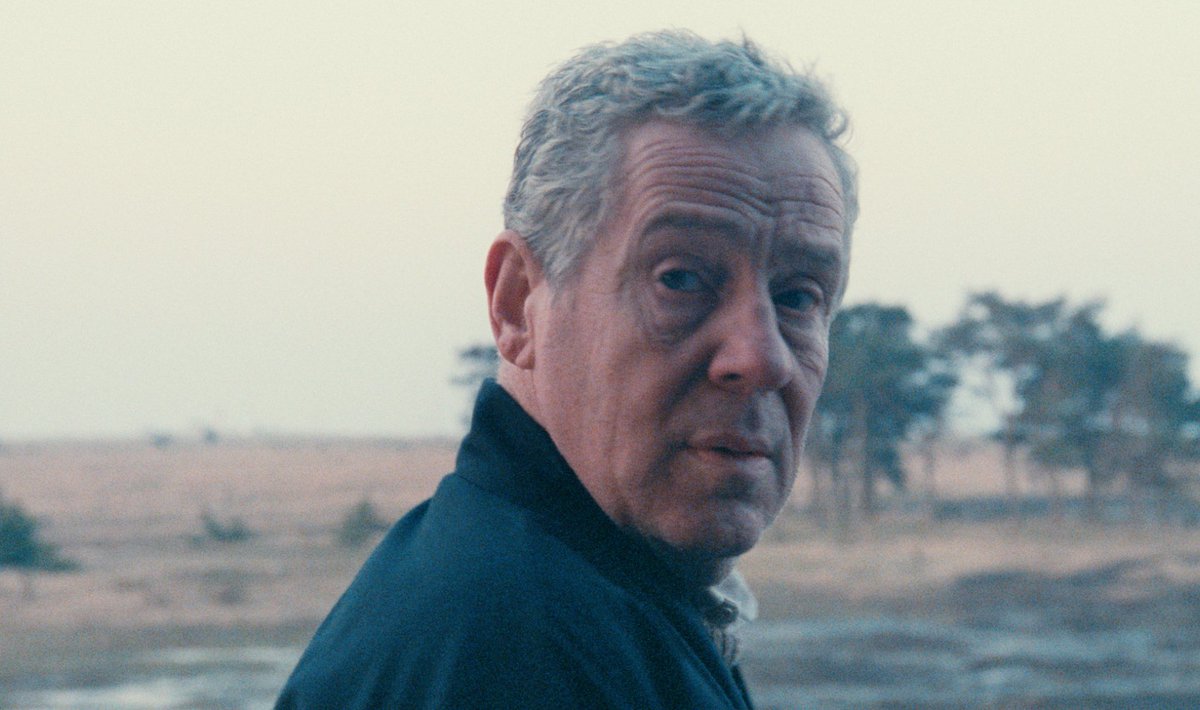
In his last film as he was dying (and he knew it), Tarkovsky faced death right in the face. He began to reflect on his life in Russia, self exile, and his art work in time. Therefore, in his swan song, he asked very serious questions, such as: would you destroy yourself and your family to avoid a nuclear holocaust?
As the film plays out in long-distance takes, Bergman regular Erland Josephson’s Alexander attempts to plea with God to avoid a nuclear holocaust by sacrificing his family – in particular, his grandchild. From the opening of the film, we see he has a clear and truthful relationship with the young boy as he explains aspects of the world to him, despite the fact that he won’t know what it is.
As the film reaches it conclusion and what might be a hallucination, nightmare, or actual reality, we see how far Alexander went to avoid World War III. Would the head of a family to do this to save everyone else? Do we take from the Quran or the Bible in sacrificing one to save others? And in a filmic aspect, what was Tarkovsky thinking as he approached the end? Was it his son and family in Russia while he was exiled in Sweden? Did he give everything into his film and through his art? The rest is for us to decide.
5. The Matrix (1999)
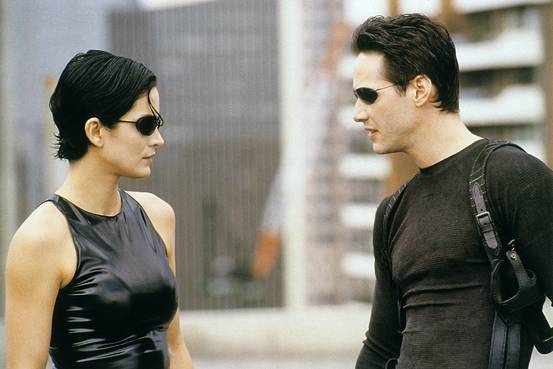
The red pill or the blue pill? The phrase most mimicked when discussing this groundbreaking film released at the end of the 20th century. Almost everything about the film is presented in this question – would you rather live in an empty void of a made-up reality where your mind subconsciously tells you what you’re feeling, or would you rather see the world for what it truly is, no matter how hard or difficult?
The film was groundbreaking on many levels for its action sequences and CGI scenes, but the real standout for the film in today’s age are the questions and the previously stated primary question.
It scarily still rings true for anyone who questions what their life is currently like and what should it be. Are we truly living our lives? It inspired countless imitators in terms of action films and thought-provoking science fiction films, but the Wachowskis managed to ask ourselves impossible questions while creating groundbreaking entertainment. Not an easy feat to do.
The film stills holds up in its value despite two sequels that strayed from the original questions of the creators. Then again, who are the creators? We know the creators of this film, but what about our own lives? When we truly wake up, will we see what is real?